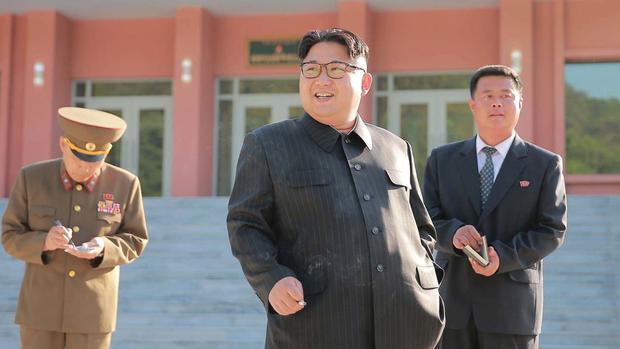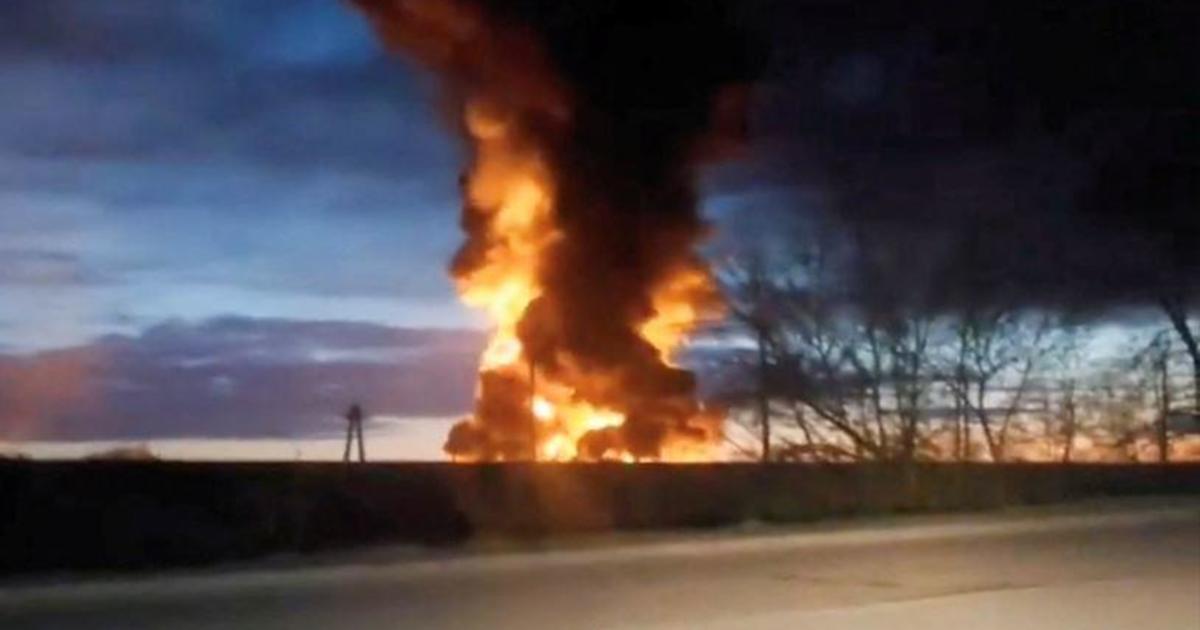North Korea hit with stronger sanctions by U.N. Security Council
The U.N. Security Council on Wednesday unanimously passed a tough, loophole-closing resolution, written by the U.S. and China, that severely tightens sanctions on North Korea and takes aim at its coal exports - the principal source of revenue for the cash-starved regime of Kim Jong Un.
A U.S. diplomat familiar with the negotiations said that the new resolution strengthens sanctions against North Korea in order to lower the revenues that the country, known officially as the Democratic People’s Republic of Korea, “uses to raise hard currency to fund its nuclear and ballistic missile programs and slashes the DPRK’s exports by more than $800 million per year.”
The 17-page resolution refers to the “gravest concern” caused by the nuclear test conducted by North Korea on Sept. 9, a test that was the country’s most powerful detonation to date.
The reaction by world powers to the September test was swift: South Korea called an emergency meeting of its security officials; U.N. Secretary-General Ban Ki-moon condemned the test as a “brazen breach” of U.N. resolutions; President Obama said the U.S. “does not and never will” accept North Korea as a nuclear state; U.S. Ambassador Samantha Power said that the U.N. must “demonstrate to North Korea that there are consequences for its unlawful and dangerous actions.”
At the time, the U.N. called an emergency meeting of the Security Council and has been negotiating for a new redoubling of sanctions that would be targeted at the leadership of North Korea that are not intended to have adverse humanitarian consequences on the civilian population.
Thomas Byrne, president of the nonprofit Korea Society and former head of Moody’s Asia division, told CBS News that the September nuclear test pushed China to act.
“They see North Korea as hell-bent on developing its nuclear weapons and ballistic missiles programs and that is ultimately very destabilizing,” he said.
Byrne said in an interview that China was very displeased with the threats arising from advances in North Korea’s nuclear program and feels that the program destabilizes the Korean Peninsula.
The goal of Wednesday’s resolution was to convince Pyongyang to return to the negotiating table in order to agree to verifiable denuclearization. Byrne added that it was important to tamp down North Korean resources without having a negative effect on China’s economy.
And that is precisely what this resolution achieves. According to the Chinese National Bureau of Statistics, China produced 3.7 billion metric tons of coal in 2015 and is on track to produce the same or more in 2016, so the loss of North Korean imports will be less than one-half of 1 percent of what China produces.
The resolution has several provisions that Security Council members hope will bring North Korea to talks:
- Imposes a binding cap, cutting coal exports by 62 percent
- Bans the export of metals such as copper, nickel, silver and zinc
- Imposes restrictions on access to the international financial system
- Designates 11 government officials and 10 entities for targeted sanctions
- Restricts diplomats from smuggling illicit items
- Prohibits the sale of new vessels and helicopters to North Korea
- Clarifies cargo inspection obligations
What type of negotiations the North Koreans would return to, however, is unclear. Six-party talks between China, the U.S., North and South Korea, Japan and Russia began in 2003 but stalled by 2009 and have not restarted; in 2011, the U.S. and North Korea had bilateral talks to restart the multi-party negotiations, but those also failed.
Ban, the outgoing secretary-general, who is South Korean, tried to bring the talks back and was invited to North Korea in 2015 but was rebuffed at the last minute by Pyongyang.
Mr. Obama told President-elect Donald Trump that the North Korean nuclear threat is a top U.S. national security priority; some experts, including Minxin Pei, a professor at Claremont McKenna College, have predicted another nuclear test or missile launch in the first year of the Trump administration, in order to provoke the new president.
U.N. diplomats are hoping that the new resolution will bring Pyongyang to the bargaining table. U.K. Ambassador Matthew Rycroft said last week that the Security Council has been negotiating since the September test.
“It’s high time for the Security Council to come together to tighten up the sanctions regime against DPRK to impose additional measures,” Rycroft said.
Rycroft told CBS News that the new resolution imposes the strongest sanctions that the Security Council has ever imposed.
Last month, U.S. Deputy Secretary of State Antony Blinken said, “China and Russia - North Korea’s traditional guarantors - are tiring of defending the increasingly erratic and outlying regime.”





